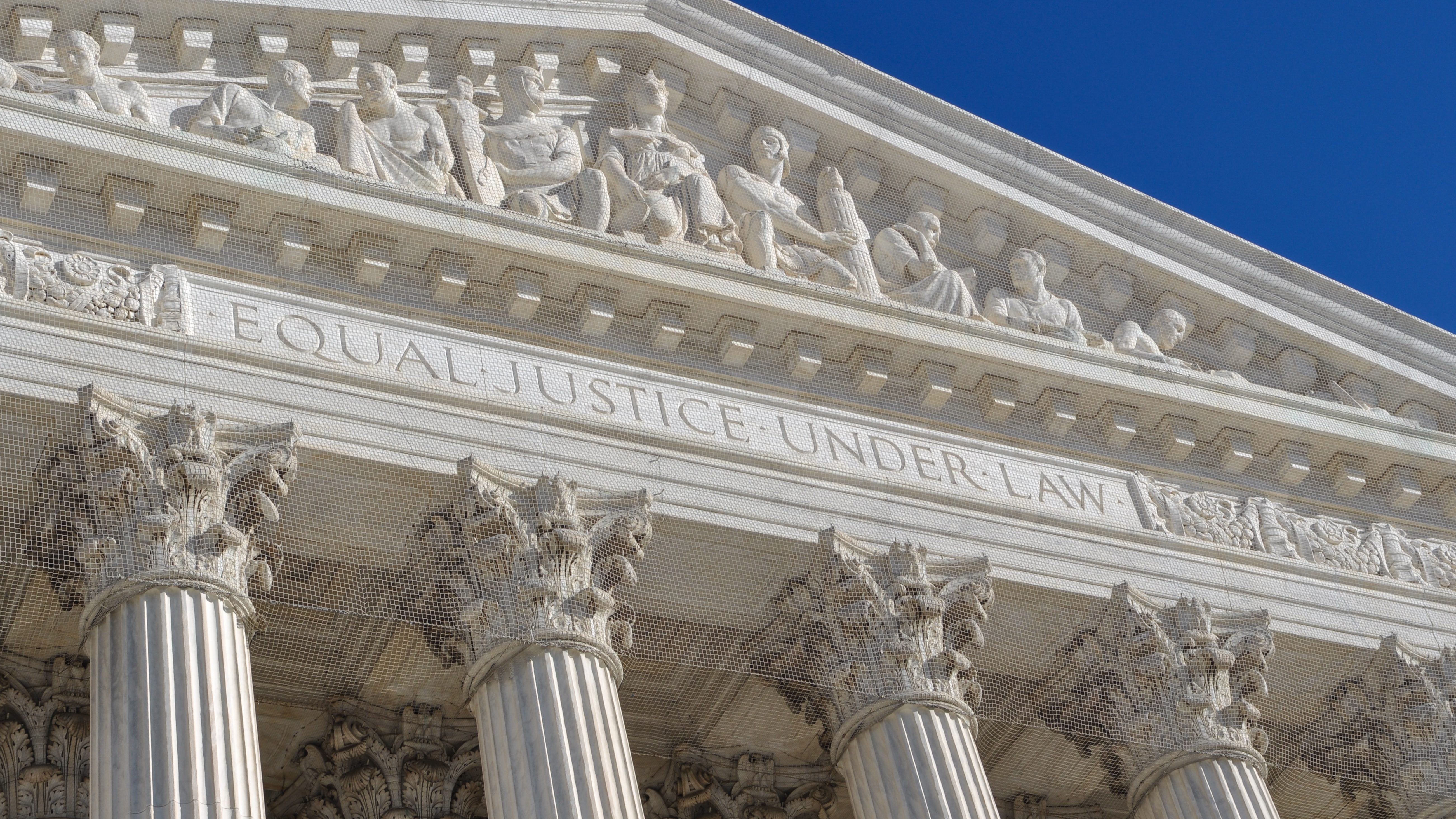|
Getting your Trinity Audio player ready...
|
The U.S. Supreme Court heard oral arguments Tuesday morning in the dispute over Alabama’s Congressional district map.
The state says it followed the Voting Rights Act by drawing the maps without regard to race, while the plaintiffs charge that race is an important factor and that the districts disenfranchise Black voters.
Following the arguments, the plaintiffs said the Supreme Court’s decision will either strengthen or gut the Voting Rights Act.
“This is one of the most important redistricting cases to come before the court in many years and, at bottom, the Voting Rights Act is really about securing a very fundamental and basic promise, which is the promise that every American voter regardless of their race gets to have the equal opportunity to elect their representatives of choice,” said Abha Khanna, one of the attorneys who argued in front of the justices. “And in Alabama, that promise was broken and three judges below found that this was a very easy section two— straightforward, textbook section two violation where black voters still today do not have the same opportunities as other members of the electorate.”
As it stands, Khana said, 92 percent of Alabamians live in super majority white districts, giving elected officials no incentive to “reach across racial lines to respond to the needs of the Black community.”
Rep. Terri Sewell, congresswoman for the state’s sole majority-minority district, said the Voting Rights Act is “on life support.”
“The effect of their decision is to further dilute our power, and to silence the voices of the minority,” Sewell said. “And today, in the latest of these dirty tricks, extremist politicians and their allies are now trying to cut and undercut Section 2.”
During the arguments, Judge Ketanji Brown Jackson said the act does not exclude race as a factor to be considered when drawing district lines, while some of the more conservative justices asserted that it does.
Plaintiff Shalela Dowdy said including race is the only way to guarantee equity for Black voters.
“If we don’t speak on race and make it about race, Black people won’t get the representation that they deserve,” Dowdy said. “History shows us if we are not vocal about our problems, Black people will not have a seat at the table— we will be on the menu.”
Davin Rosborough of the ACLU criticized the state’s argument that it’s maps haven’t changed much in 50 years.
“It’s amazing that they’re defending that this way because in the early 1970s, George Wallace was governor, Alabama had an all white state legislature and it would be 20 more years until Alabama had even one African American congressional representative,” Rosborough said.
“And so now Alabama wants to go back in time and entrench discriminatory districts forever. I mean, we should take them at their word that that’s what’s happening.”
The court is expected to make a decision in February or March of 2023, right around the start of Alabama’s next legislative session.



















































